Podcast: Play in new window | Download (Duration: 49:09 — 90.3MB)
An introduction to protein needs and digestive issues.

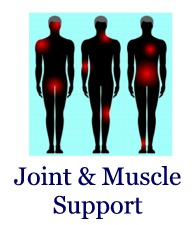 In this interview Neil E. Levin will discuss the importance of protein in human nutrition. We will also discuss some of the health concerns related to protein. Considering that protein is one of the macro nutrients, it makes sense that we understand its benefits.
In this interview Neil E. Levin will discuss the importance of protein in human nutrition. We will also discuss some of the health concerns related to protein. Considering that protein is one of the macro nutrients, it makes sense that we understand its benefits.
- What are proteins and why are they important?
- What are amino acids?
- What are the recommended levels of protein?
- What are differences between sources of protein?
- What happens if protein is deficient?
- What adversely affects protein digestion?
- What improves protein digestion?
What are proteins?
Proteins are large molecules made up of amino acids, and are essential for human health. Proteins are commonly found in animal products but are also found in other food sources such as nuts and beans. Each gram of protein supplies 4 calories, the same amount of calories as a gram of carbohydrates. Protein is critical for the structure and function of the body. Most people equate protein with muscle tissue but protein is used in the body’s cells, tissues and organs and even bones. Also, enzymes and some hormones are proteins.
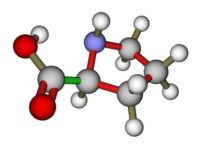
Proline Amino Acid
What are amino acids?
Amino acids are the small molecules that serve as building blocks for protein. In human health we need 20 different amino acids of which 9 are considered essential in the diet, meaning we don’t make them in our bodies. Most consumers don’t understand the importance of amino acids throughout the body. Muscles, bones, skin and hair, and enzymes are made of amino acids. Amino acids are needed for neurotransmitter processes and nutrient transfer in the body. Amino acids are essential for all of life’s processes.
What are the recommended levels of dietary protein?
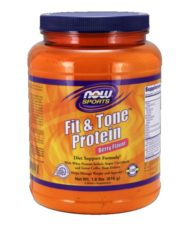 The Recommended Dietary Allowance (RDA) for protein is 0.8 grams of protein per kilogram of body weight, or 0.36 grams of protein per pound of body weight. Once you know your target, you can examine your diet and see how you stack up. Neil mentions the Zone Diet which suggests that 30% of daily calories come from protein. Athletes will require more.
The Recommended Dietary Allowance (RDA) for protein is 0.8 grams of protein per kilogram of body weight, or 0.36 grams of protein per pound of body weight. Once you know your target, you can examine your diet and see how you stack up. Neil mentions the Zone Diet which suggests that 30% of daily calories come from protein. Athletes will require more.
What are differences between sources of protein?
There are animal sources including meat, milk and eggs from various animals. In the plant world most dietary proteins are found in legumes (beans), nuts and seeds, and to a lesser extent whole grains. Animal proteins are considered complete because they provide all the essential amino acids in a proportion that is most desirable. Vegetable proteins are not as well balanced but are perfectly capable of meeting our protein needs as long as we get an adequate amount of protein. Balancing your protein sources becomes more important if protein intake is low in the diet.
Neil will discuss some of the differences between animal proteins such as whey and egg white protein and plant proteins such as soy, rice, pea and many others that are now available. Not all protein sources are created equal but all proteins can be useful.
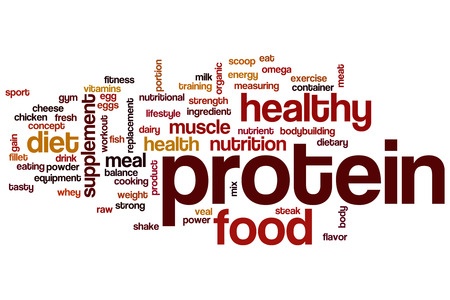
What happens if protein is deficient?
- A sluggish metabolism.
- Trouble losing weight.
- Trouble building muscle mass.
- Low energy levels and fatigue.
- Poor concentration and trouble learning.
- Moodiness and mood swings.
- Muscle, bone and joint pain.
- Blood sugar changes.
What adversely affects protein digestion?
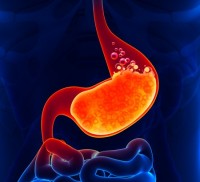 A lot of people have problems digesting and utilizing protein. NOTE: If you consume amino acids instead of whole proteins, they will be much more easily assimilated. Many people don’t even know when they are protein deficient. There is a test you can get if you suspect that low levels of amino acids may be a part of your health issues.
A lot of people have problems digesting and utilizing protein. NOTE: If you consume amino acids instead of whole proteins, they will be much more easily assimilated. Many people don’t even know when they are protein deficient. There is a test you can get if you suspect that low levels of amino acids may be a part of your health issues.
Protein digestion begins in the stomach where you need stomach acid and enzymes to digest proteins. If you are on any acid blocking drugs you will have issues. Neil covers this in great detail. If you use these medications, you need to listen to this interview. You should also consider that these drugs are not meant for long term use and search for alternative ways to support your stomach. Some people on these drugs in reality need stomach acid. The symptoms of low stomach acid are often confused with too much stomach acid. At least consider this and confirm it.
What improves protein digestion?
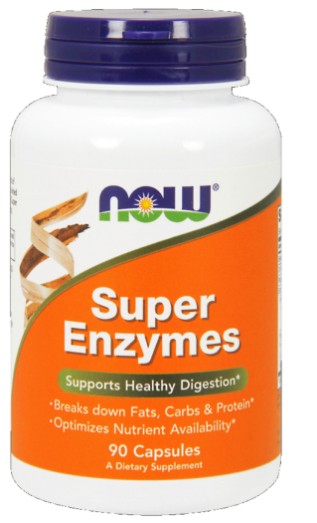 If you have trouble digesting protein you should consider a protein digesting enzyme. You can also consider the types of protein and experiment with sources of dietary protein. Some may digest better for you than others.
If you have trouble digesting protein you should consider a protein digesting enzyme. You can also consider the types of protein and experiment with sources of dietary protein. Some may digest better for you than others.
Whatever your sources of dietary protein, be it animal or vegetable foods, protein powders or amino acid supplements, always seek out quality. You can seek economy but don’t be cheap. The best quality supplements will never be the cheapest.
In this interview, Neil will cover these topics in more detail. He will also discuss the NOW Foods approach to protein supplements. NOW offers a wide variety of proteins and amino acid supplements.
About Neil Levin, CCN, DANLA
Neil E. Levin,is the Senior Nutrition Education Manager and a product formulator for NOW Foods. He is a board-certified clinical nutritionist with a diplomat in advanced nutritional laboratory assessment. The U.S. Natural Products Association (NPA) presented Neil its Industry Champion Award in 2008 for “people who have made notable individual contributions to the natural products industry above and beyond what is expected to achieve commercial success.”
Neil’s interviews and articles are published in magazines and newspapers. He has been featured in many radio interviews and television news reports. Neil blogs at www.honestnutrition.com; is on Facebook (Honest Nutrition) and Twitter (neilelevin).





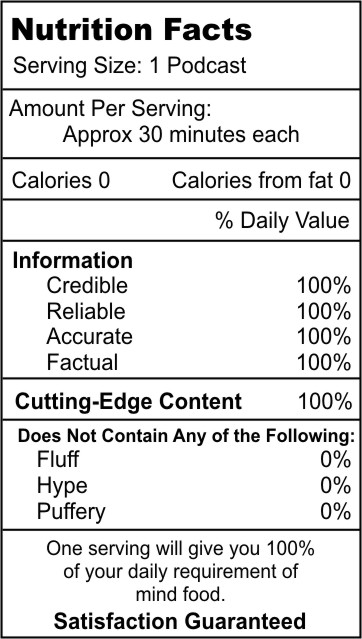




{ 0 comments… add one now }